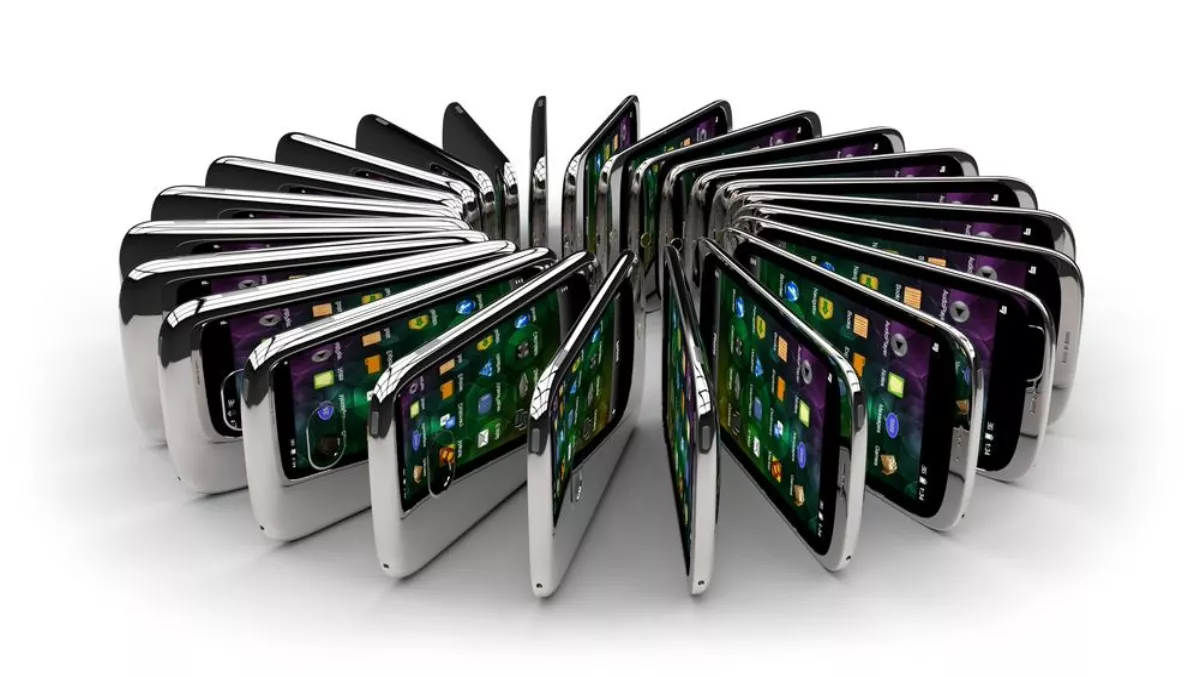
Asia/Pacific became the only region to show growth in mobile phone sales this quarter, with a 6.4% increase year-on-year following declines across the planet.
According to research from Gartner, worldwide mobile phone sales to end users totaled nearly 426 million units in the first quarter of this year, a slight increase of 0.7% from the same period in 2012.
Worldwide smartphone sales totaled 210 million units in the first quarter of 2013 however, up 42.9% from the first quarter of 2012.
“More than 226 million mobile phones were sold to end users in Asia/Pacific in the first quarter of 2013, which helped the region increase its share of global mobile phones to 53.1% year-on-year,” says Anshul Gupta, principal research analyst, Gartner.
“In addition, China saw its mobile phone sales increase 7.5% in the first quarter of 2013, and its sales represented 25.7% of global mobile phone sales, up nearly 2% points year-on-year.
“The Chinese and local manufacturers have been exemplary at addressing the demands of buyers by offering affordable devices with optimum features such as 2.5G (EDGE) instead of 3G in a smartphone.
"In the smartphone market, local and Chinese manufacturers are making faster inroads as they account for 29 percent share in the first quarter of 2013, up from 13.2 percent a year ago.”

Mobile Phone Vendor Perspective
Samsung:
Samsung remained in the No. 1 position, growing 13% in the first quarter of 2013 with its smartphones reaching 30.8%, up 3.2% points from the first quarter of 2012.
"We expect the new Galaxy S4 to be very popular despite being more of an evolution than a truly revolutionary device compared to the S3,” Gupta says.
Nokia:
Its mobile phone share dropped 4.9% points in the first quarter of 2013 mainly due to a steep decline in feature phone sales.
Although Nokia’s Windows Phone sales have sequentially improved reaching a volume of 5.1 million units, Nokia is yet to see high growth in the smartphone segment.
Nokia’s position in the smartphone market dropped to No. 10 in the first quarter of 2013, from No. 8 in the fourth quarter of 2012.
Apple:
Sales to end users reached 38.3 million units in the first quarter of 2013 as Apple was able to burn some of the inventory built at the end of 2012 as iPhone 5 was rolling out in more markets, and as the company prepared for Chinese New Year.
China is a key contributor to overall sales for Apple, and Gartner analysts saw evidence of this in the first quarter of 2013, when sales reached close to 7 million units in mainland China alone thanks to the lower price of the iPhone 4.
“Apple is faced with the challenge of being increasingly dependent on the replacement market as its addressable market is capped," Gupta says.
"he next two quarters will also be challenging, as there are no new products are expected to be coming before the third quarter of 2013."
LG electronics moved in front of ZTE in the first quarter of 2013 for the No. 4 position. ZTE had a weak performance, failing to grow its smartphone sales, selling 7.9 million smartphones in the first quarter of 2013, a 5.1 percent decline from the fourth quarter of 2012.
Smartphones
In the first quarter of 2013, smartphones accounted for 49.3% of sales of mobile phones worldwide, up from 34.8% in the first quarter of 2012, and 44% in the fourth quarter of 2012.
On the other hand, sales of feature phones contracted 21.8% in the first quarter of 2013.
“Feature phones users across the world are either finding their existing phones good enough or are waiting for smartphones prices to drop further, either way the prospect of longer replacement cycles is certainly not a good news for both vendors and carriers looking to move users forward," Gupta says.

OS
In the smartphone operating system market, Android continued to increase its lead, with nearly 50% more Android smartphones in the market than a year ago.
"There are two clear leaders in the OS market and Android’s dominance in the OS market is unshakable,” Anshul says.
“With new OSs coming to market such as Tizen, Firefox and Jolla we expect some market share to be eroded but not enough to question Android’s volume leadership."